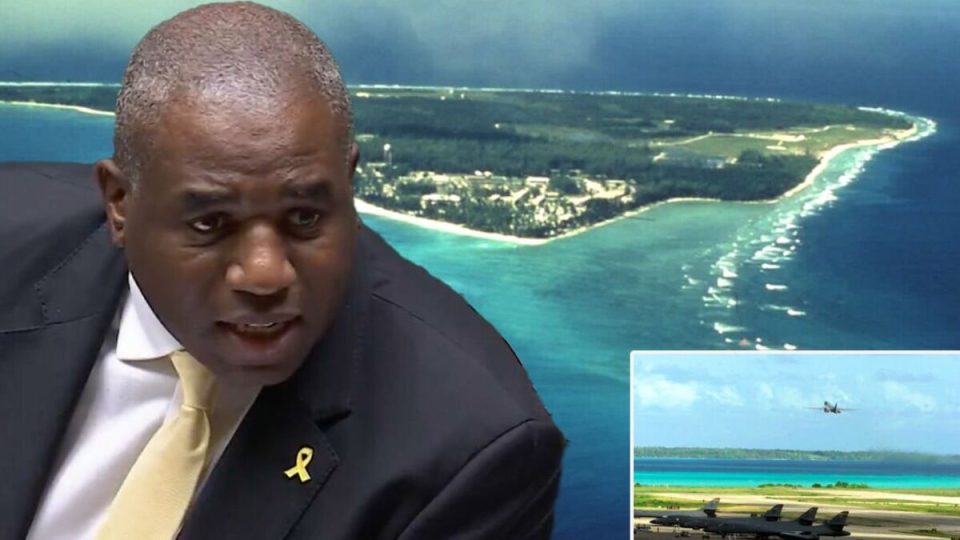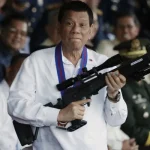Foreign Secretary David Lammy has stood by the decision to return the Chagos Islands to Mauritius, framing it as a necessary step to secure a strategically vital UK-US military base. This comes in response to criticisms from Conservative MPs who claim that the agreement represents a loss of a crucial asset.
Last week, the government declared its intention to hand over the Chagos Islands, concluding a long-standing dispute over Britain’s last African colony. However, operations at the Diego Garcia military base will remain under British control.
In a statement to Parliament, Lammy asserted that the agreement was essential, declaring that the current status quo was not “sustainable.” With the backing of the United States for this arrangement, he stated to MPs: “It’s critical for our national security. Without security of tenure, there will be no base. This deal is advantageous for the UK, the US, and Mauritius.” He further characterized the outcome as “a victory for diplomacy,” emphasizing that the base’s long-term security has been achieved.
Lammy clarified that this agreement should not set a precedent for similar arrangements concerning Gibraltar or the Falkland Islands, insisting that “British sovereignty over the Falkland Islands, Gibraltar, and sovereign base areas is not up for negotiation.” He also noted that the circumstances are not comparable, a viewpoint recognized across the UK’s overseas territories.
Highlighting a ruling from five years ago when the International Court of Justice condemned the UK’s continued control over the Chagos Islands, Lammy remarked that had the government not reached this agreement, a binding judgment against the UK could have been imminent, potentially jeopardizing the base and violating international law.
Despite these assurances, Conservative MPs heckled Lammy during his remarks, pointing out that the previous government had engaged in 11 rounds of negotiations leading up to the election. Negotiations began in November 2022, involving former foreign secretaries James Cleverly and David Cameron.
Shadow foreign secretary Andrew Mitchell criticized the deal, claiming it “gives succor to our enemies in a dangerous world.” Former immigration minister Robert Jenrick condemned the agreement, suggesting that it hands over British sovereign territory to a small nation allied with China, asserting, “In whose interests does he think he serves: those of the global diplomatic elite or the British people?”
In response to the agreement, Lammy noted that, while Mauritius would gain sovereignty over the islands, UK oversight of base operations would continue for at least 99 years, with an option to extend this period. Additionally, the deal will allow for the right of return for Chagossians expelled from their homes in the 1960s and 70s—a situation described by many as a grave injustice and a dark chapter in postwar colonial history. Lammy acknowledged, “The manner in which Chagossians were forcibly removed in the 1960s was deeply wrong.”
When questioned about the fate of over 60 Tamil refugees stranded on Diego Garcia for three years, Lammy stated, “With the signing of the treaty, this is now a matter for Mauritius.”
Yasmine Ahmed, the UK director of Human Rights Watch, expressed concern regarding the lack of consultation with Chagossians, stating during a protest outside Parliament on Monday: “Chagossians have a right to be consulted about their homeland, and they were not. The government must involve the Chagossians in these negotiations; they cannot negotiate away their responsibility towards them.”
Credit: The Guardian




